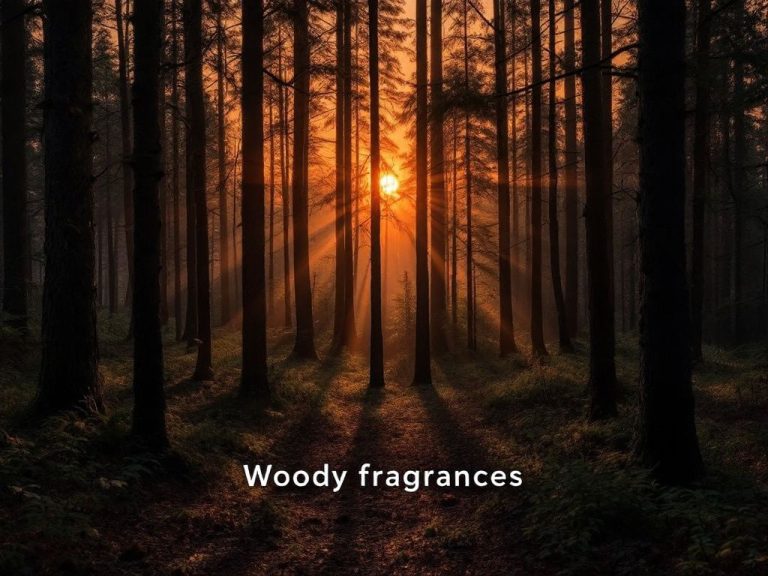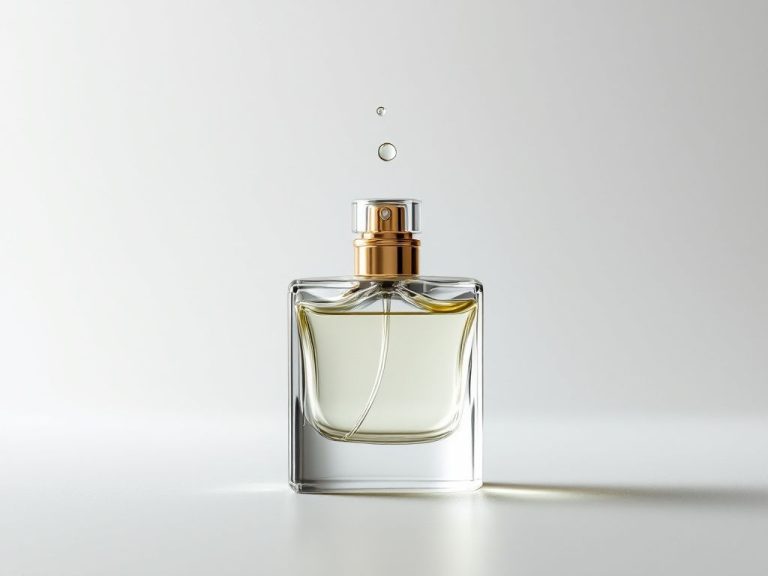
Unlocking Natural Fragrance Mysteries
Ever wondered how natural fragrances can be so captivating? Let’s embark on a journey to uncover the enchantment of natural fragrances from a chemical perspective. By understanding natural aroma compounds, we gain appreciation and insight, while scientific tools like chemical analysis help us get to the essence of what truly delights our noses.









